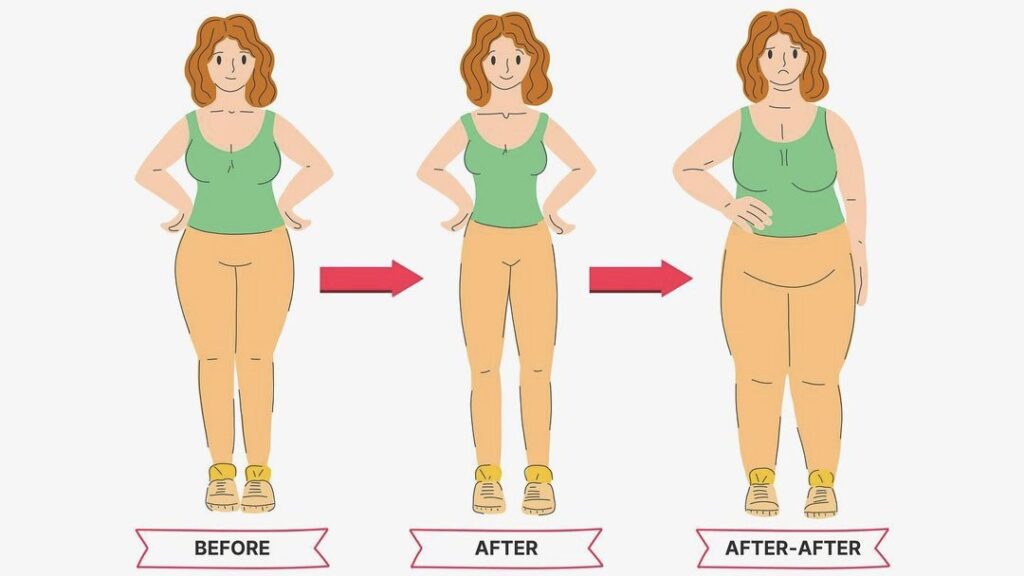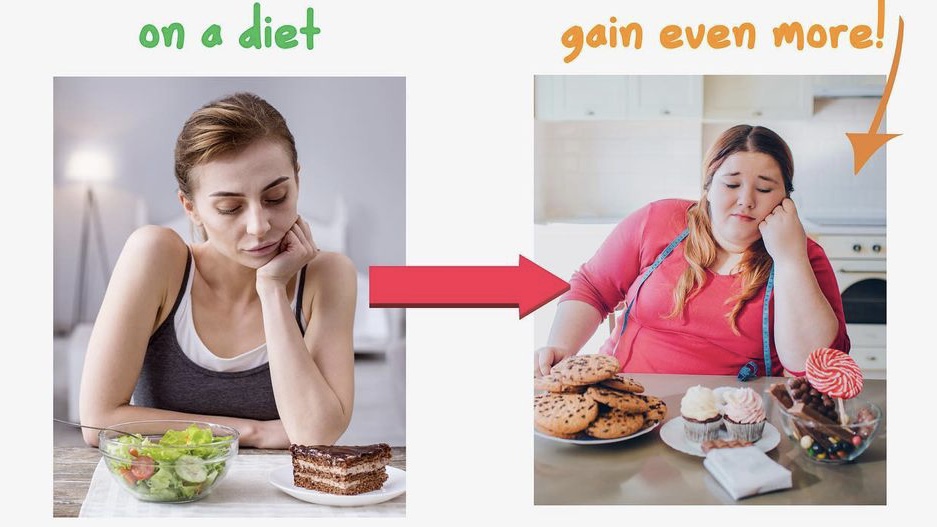Dieting is a multibillion-dollar global industry. In a 2015 study, it was estimated that weight loss programs, products, and other therapies generated more than $150 billion in profits in the United States and Europe combined.

The global weight loss market is predicted to reach $246 billion by 2022.
PMID: 25614198
One study found that the average cost to lose 11 pounds (5 kg) ranged from $755/£560 for the Weight Watchers programme to $2,730/£2,030 for the medication orlistat (a drug designed to treat obesity).
PMID: 8651838
Losing weight is a priority for many people who either have less weight or are slightly overweight, particularly women.
PMID: 17600918

Many researchers believe this is related to having a poor body image, which is made worse by constant media exposure to slim models, celebrities, and athletes.
PMID: 18444705
The desire to be thinner can begin as early as grade school. In one study, more than 50% of girls ages 68 with less weight said that their ideal weight was lower than their actual weight.
PMID: 12804329

Girls beliefs about dieting and weight are often learned from their mothers. In a 2000 study, 90% of mothers reported they had dieted recently.
Study results showed 5-year-old daughters of dieting mothers were twice as likely to already have thoughts about dieting, compared with daughters of non-dieting mothers.
PMID: 11043700
In one study, 3 years after 192 participants joined a weight loss programme, 12% of the subjects maintained 75% of their weight loss after leaving the diet program, 57% maintained at least 5% of the loss, and 40% gained back more than they had lost during the diet.
PMID: 8651838

A study found that women lost an average of 21.1 kg / 46.5 lbs after 6 months of treatment but were 3.6 kg / 7.9 lbs more than their starting weight on average at the time of the 5 years follow-up.
PMID: 8803365.

Another study found that only 19% of people were able to maintain a 10% weight loss for 5 years.
PMID: 18996849
A group of researchers who reviewed 14 weight loss studies pointed out that in many cases, weight regain may be higher than reported because follow-up rates are very low and weights are often self-reported by phone or mail.
PMID: 17469900

Research shows that the majority of people will gain back most of the weight they lose while dieting and will even end up weighing more than before.
Many studies suggest that rather than achieving weight loss, most people who frequently diet end up gaining weight in the long term.
A 2013 review found that in 75% of the studies (15 out of 20 studies) of people without obesity, recent dieting behaviour predicted weight gain over time.
PMID: 24032024
Many women first go on a diet in their early teen or preteen years. Many studies show that dieting during adolescence is associated with an increased risk of developing overweight, obesity, or disordered eating in the future.
PMID: 16567152

A 2003 study found that teens who dieted were twice as likely to become overweight than non-dieting teens, regardless of their starting weight.
PMID: 14523184
Avoid restrictive dieting, since for the majority of dieters, the weight loss is unlikely to be maintained, and people can be healthy at most weights if they engage in healthy behaviours.
PMID: 22735042
Studies suggest that being fit at a stable weight is healthier than losing and regaining weight through repeated cycles of dieting/ yo-yo dieting.
PMID: 26166058, 25429313, 25614199
NEXT STEPS
- Embrace Body Positivity
Don’t be influenced by societal standards or media portrayals of the ‘ideal body’.
Activity: Daily, write down three things you love about your body to shift your focus from weight to appreciation.
- Prioritise Balanced Eating Over Dieting
Opt for balanced meals over restrictive diets. Include a variety of fruits, vegetables, whole grains, lean proteins, and healthy fats in your diet.
Activity: Add an extra serving of fruit or vegetables to your daily meals and try new recipes each week.
- Engage in Regular Physical Activity
Aim for at least 150 minutes of moderate aerobic activity or 75 minutes of vigorous activity per week.
Activity: Choose a form of exercise you enjoy and use a fitness tracker to make your workouts more interactive.
- Focus on Mindful Eating
Practice mindful eating by fully experiencing your food – its textures, colors, flavors, and how it makes you feel.
Activity: Eat at least one meal a week without distractions (TV, phone, or reading) and pay attention to every bite.
- Cultivate a Healthy Mindset
Emotional wellbeing is crucial. Manage stress and anxiety, practice mindfulness, and ensure adequate sleep.
Activity: Dedicate 15 minutes each day to relaxation (meditation, deep breathing, etc.) and consider keeping a journal for your thoughts and feelings.
• Remember, these changes may seem small, but when maintained over time, they can lead to significant results.
• Celebrate every step in your journey to a healthier lifestyle, and always keep in mind that your worth goes beyond your physical appearance.
